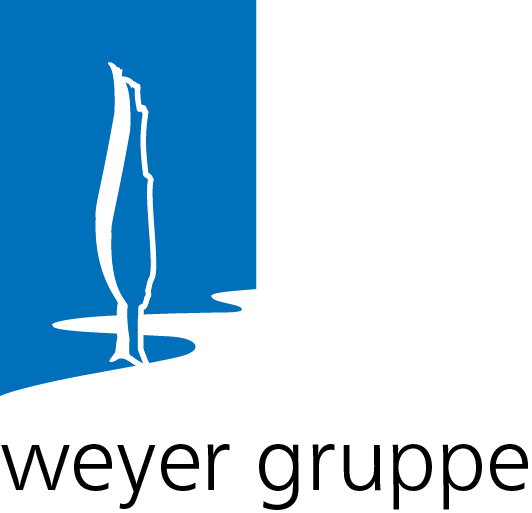Our series of articles on “Corona and Digitization” is coming to an end. A successful conclusion to the topic is offered by a study of the management consultancy Arthur D. Little on behalf of the digital association Eco. The study came to the conclusion that the German Internet industry was only briefly slowed down by the Corona crisis. While other industries will still need some time to recover from the economic consequences, the Internet industry will emerge stronger from the pandemic in the long term.
The digital economy has benefited significantly from increased use of digital solutions such as video conferencing, chat rooms, etc. to comply with distance regulations, for example from the home office. But also outside the workplace, the Internet played a decisive role in maintaining contact between friends and family members and not least in the context of corona information exchange. According to the study, the industry in Germany will generate 145 billion euros in sales this year and will experience average annual growth of 12% by 2025. The authors of the study therefore expect sales of 253 billion euros in 2025, a so-called “catalyst effect” in which digital business models are promoted as a result of the pandemic and receive an additional growth spurt in the long term.
The study divides the Internet industry into four levels:
- Level 1 includes everything that enables stationary or mobile Internet access.
- Level 2 includes hosting and domain providers.
- Level 3 comprises the e-commerce business in the B2B sector, providers of B2C platforms and operators of fee-based portals.
- Level 4 comprises paid content that is acquired by level actors from third parties and made available for paid use. These include, for example, TV and video providers.
The e-commerce business on level 3 alone generated approx. 40% of the total sales volume (57 billion euros) this year and has an average annual growth potential of 10.3% according to the study. A further third of the total revenue volume is expected to be generated by 2020 through digital business models in user industries and through the marketing of digital content. By 2025, however, sales here are expected to double. This is exactly the forecast for the hosting and domain providers on level 2, which, with a turnover of EUR 14 billion in 2020, will have a comparatively small share of the total volume, but the experts expect a strong growth spurt that could more than double the turnover. Level 1, on the other hand, will probably grow much less.
According to Thomas Jarzombek, the Federal Ministry of Economics’ Commissioner for the Digital Economy and Start-ups, digitization makes us faster, more flexible and more creative. The pandemic has led to a “breakthrough for home offices” and has mercilessly exposed digitization deficits in companies. Jarzombek’s goal is to make German jobs in the digital economy even more attractive in order to keep up with the competition in California. The CDU politician sees trends emerging from the pandemic particularly in the area of platforms and software. These must be encouraged without allowing monopolies. The planned European cloud Gaia-X could help to “rein in” the monopolists, as it gives competitors of all sizes a fair chance. You can read more about the Gaia-X project in
Here you can find all articles of the series “Corona and Digitization”. Do you have any questions? Bitte zögern Sie nicht, uns zu kontaktieren:
Juri Raffetseder
weyer group | horst weyer und partner gmbh
Tel: 02421 / 69 09 11 29
E-Mail: j.raffetseder@weyer-gruppe.com


Leave a Reply